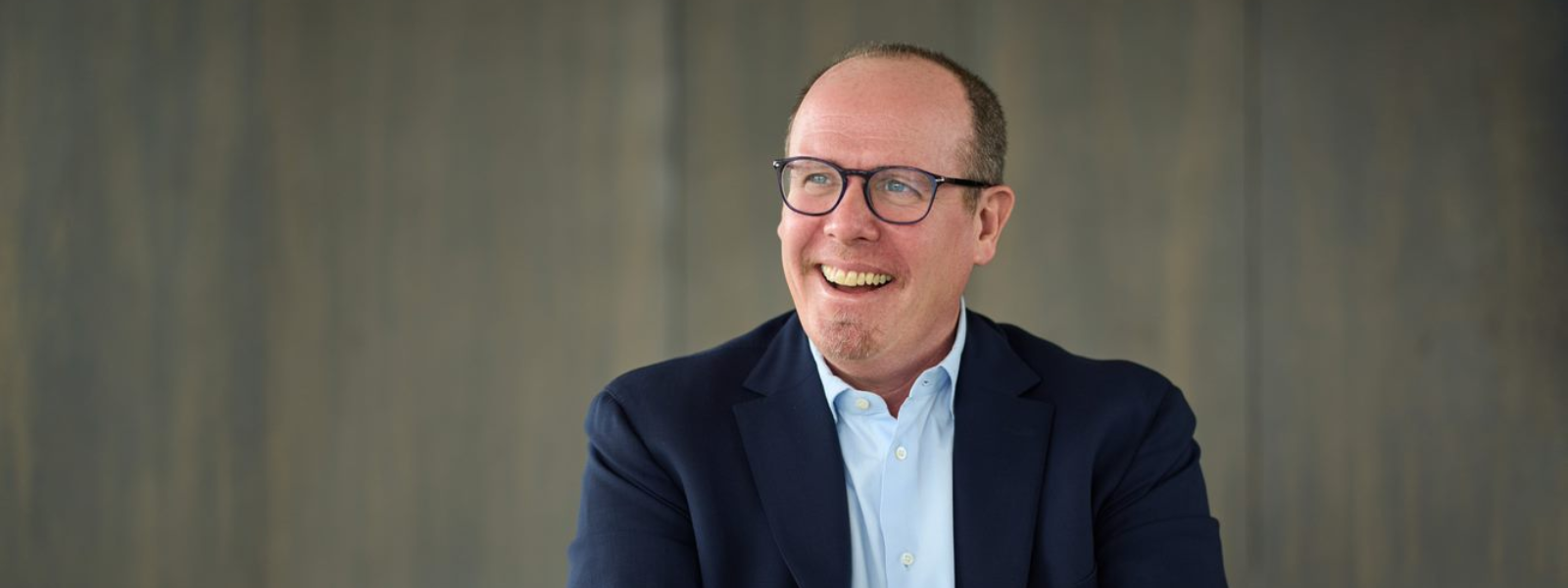Tell us about your background
I was born in Edinburgh and attended school and University in Glasgow before moving back to Edinburgh to start work with PwC (or Coopers & Lybrand as it was then).
I thought I would be a scientist or engineer but ended up in corporate finance. They are more similar than you might think! My career has afforded me the opportunity to live and work in different countries which has been a real privilege. Living and working in the US, Bermuda, Indonesia, the Netherlands and the UK has shaped me a lot.
Despite now living and working in Edinburgh with my wife Linda and two boys, Fraser (27) and Calum (24), I’m still ‘west coast’ at heart - my mum, sister, nieces and nephews all live in Glasgow.
Why did you choose Strathclyde?
I was only 16 on my first day at University, and I wanted to stay and study in Glasgow. Strathclyde had a better science and engineering reputation than the University of Glasgow, and just felt more modern and progressive which is what I was looking for. It also helped that most of my pals from school went to Strathclyde as well! I graduated from the University in 1987 with a Bachelor of Science in Applied Chemistry.
Where are you now?
I joined Unilever, one of the world’s largest consumer goods companies, in 2002. With products used by 3.4 billion people every day, a €60 billion annual turnover and presence in over 190 countries, Unilever is one of the world’s leading suppliers of Beauty & Wellbeing, Personal Care, Home Care, Nutrition and Ice Cream products.
I initially held a number of senior financial and commercial roles including Senior Vice President of Finance for Global Markets, Global Head of Mergers & Acquisitions, Head of Treasury, Pensions and Tax and Chief Financial Officer of Unilever Indonesia.
I then went on to take up the roles of Executive Vice President and General Manager of Unilever’s UK and Ireland business, before ascending to Chief Financial Officer and an Executive Director of Unilever PLC in 2015.
I'm also a non-executive director of Pearson PLC as well as Vice-Chair of the Financial Stability Board Task Force on Climate-related Financial Disclosures, which was created to develop consistent climate-related financial risk disclosures for use by companies, banks, and investors in providing information to stakeholders.
In 2023, I was delighted to accept a position on the University’s International Advisory Board for the Strathclyde Centre for Sustainable Development and I hope to make a difference by using my experience working with educational bodies and not for profits as well as providing industry links.
What has been the highlight of your career so far?
I’ve had many highs and lows being CFO of a public multi-national like Unilever.
Looking back, the lows often become the highs, but here are some examples:
- Defending a hostile takeover bid from Kraft Heinz in 2017
- Modernising and unifying Unilever’s historic Anglo-Dutch dual parented structure into a single orthodox plc, based in the UK, listed in London, NL and US
- Reshaping the brand and category portfolio with over 40 acquisitions and 15 disposals since 2017. Almost 20% of the turnover of the company has been rotated
- Taking my previous company, FLAG Telecom, public through an IPO in 2000 (then taking it through Chapter 11 less than a year later!)
